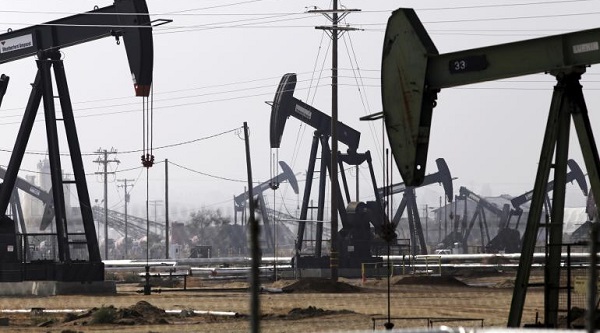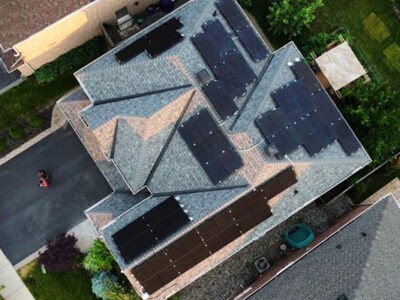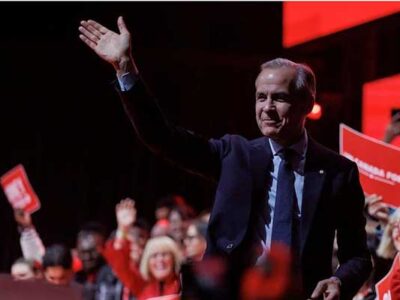Falling oil prices could have a negative impact on global efforts to develop renewable energy sources, experts warned at a conference in Abu Dhabi.
Oil prices have fallen by almost 60 percent since June, crashing on worries over global oversupply and weak demand in a faltering world economy.
Participants at the International Renewable Energy Agency (IRENA) conference that opened Saturday in the oil-rich United Arab Emirates (UAE) said the trend could spell doom for plans to shift to clean energy.
The fall in oil prices could be a “game changer”, Italy’s Deputy Minister for Economic Development Claudio Vincenti told the two-day meeting.
Oil price rises in the past encouraged clean energy investments, said Vincenti, adding that a long-term fall in prices could shift the balance among various energy sources. He did not elaborate.
Salem al-Hajraf, representing oil-rich Kuwait at the conference, agreed that falling oil prices posed a “major challenge” this year as was the case two decades ago.
“The fall of oil prices in the 80s was a main reason behind the collapse of many renewable energy projects,” he told participants.
Renewable energy, which relies on solar, wind and other sources, is essential for meeting global CO2 emission targets.
Delegates from more than 150 countries attended the opening session of the IRENA conference, including Israel with has no diplomatic ties with the UAE.
Representatives from more than 110 international organisations are also taking part in the meeting.
“The story of renewables is rapidly evolving and as the importance of renewable energy grows, so does the relevance of the agency’s work,” IRENA director general Adnan Amin told the conference.
He said that total world investments in renewable energies had reached $264 billion in 2014, $50 billion more than the previous year.
At the meeting, the Abu Dhabi Fund for Development, in partnership with IRENA, will announce a series of loans for five renewable energy projects in developing countries, organisers said.
Abu Dhabi-based IRENA, with 137 member states and the European Union, aims to promote the sustainable use of all forms of renewable energy.
– Future energy and water summits –
The conference coincides with a series of events organised under the banner of Abu Dhabi Sustainability Week, including Future Energy Summit and an International Water Summit, both on Monday.
Egyptian President Abdel Fattah al-Sisi is expected to attend Future Energy Summit while French Energy and Environment Minister Segolene Royal will take part in the water summit.
Abu Dhabi is to display a solar-powered plane, Solar Impulse 2, that does not use any fuel and which will fly out from the Emirati capital in March on a five-month tour, according to energy company Masdar.
In March last year, Abu Dhabi opened the world’s largest operating plant of concentrated solar power, which has the capacity to provide electricity to 20,000 homes.
The Gulf region is one of the world’s richest areas in sunshine but lagging far behind several other countries in harnessing the energy.
Wissam Keyrouz for AFP | Originally Published on January 17, 2015 —















Comments